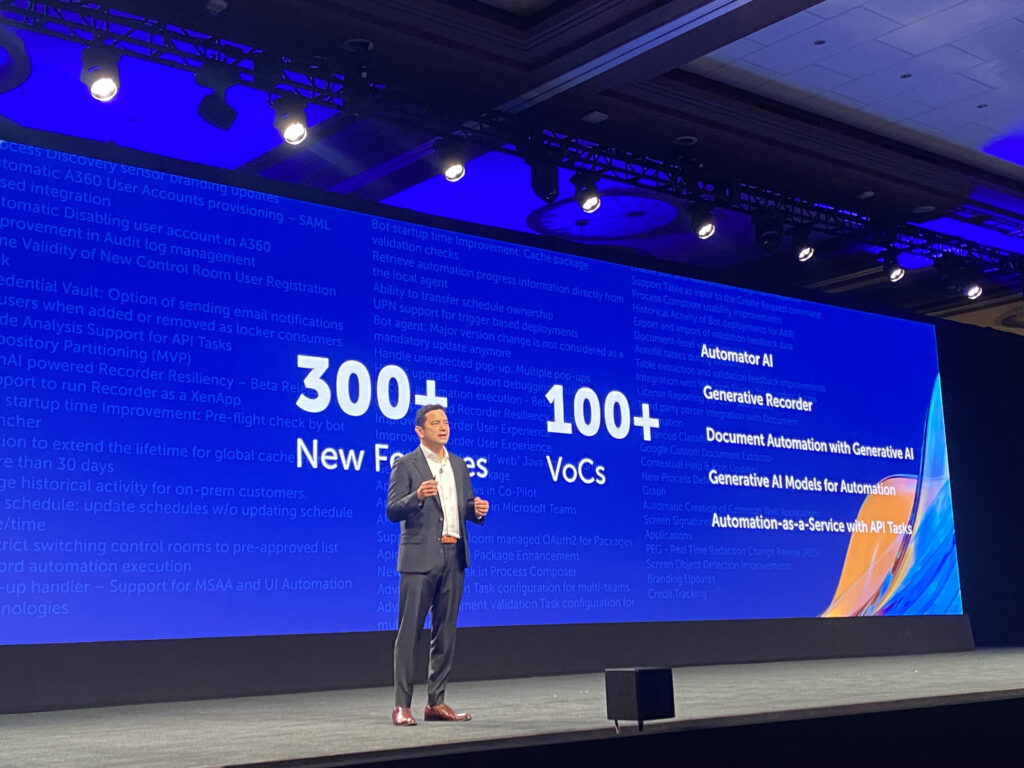Automation Anywhere has announced that it has deployed more than 2.6 million bots worldwide, in response to customer demand for automation to maintain business resilience and increase productivity amid the global pandemic.
With organisations looking to keep employees connected across teams and systems whilst enabling remote work, the majority of Automation Anywhere’s new customers are deploying their bots on the company’s flagship product, Enterprise A2019, the cloud-native and web-based RPA platform.
Automation Anywhere reported an average of four new cloud customers a week during the pandemic with many going into full production within days, instead of weeks or months. The company now has more than 500 Enterprise A2019 cloud customers.
Mihir Shukla, Automation Anywhere CEO and co-founder, said: “Never before has there been such a transformative shift in the way we work, with AI-powered software bots changing how people, processes and technology interact for productivity and resiliency gains. The demand for our Enterprise A2019 platform has surged because it reduces the burden on IT with no painful upgrades required and a lower total cost of ownership compared to legacy RPA platforms.”
Maureen Fleming, IDC vice president of intelligent process automation research, added: “COVID-19 propelled a new wave of automation that accelerated trends already underway. In early 2020, the demand for greater operational efficiency was already rapidly increasing. The need to support remote workers coupled with the inability to safely hire contract workers to address pandemic-related workload spikes led to more broad-based and cloud-based adoption of RPA.”






